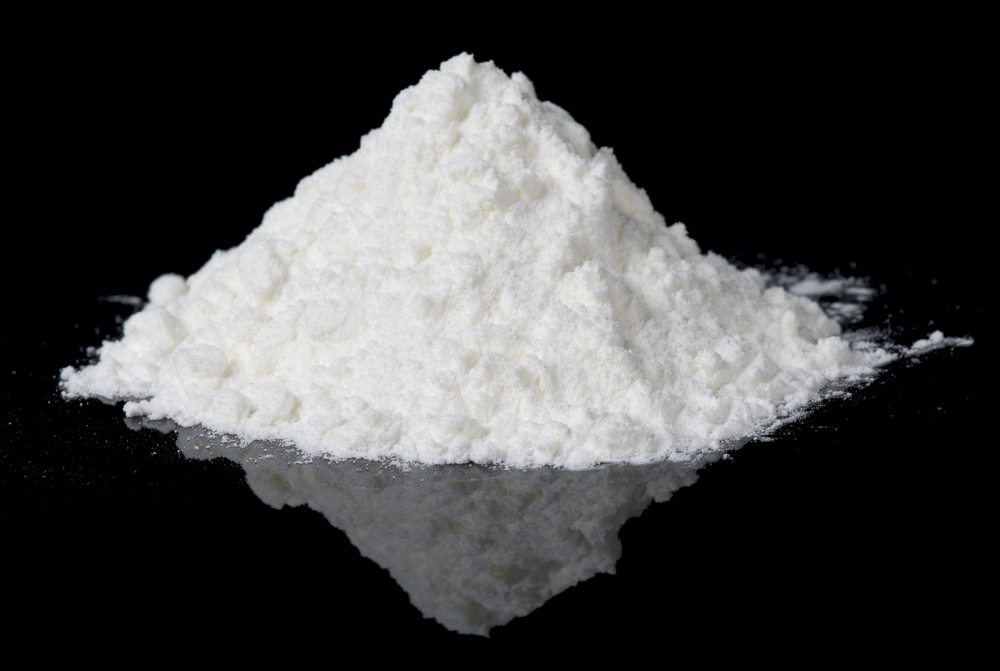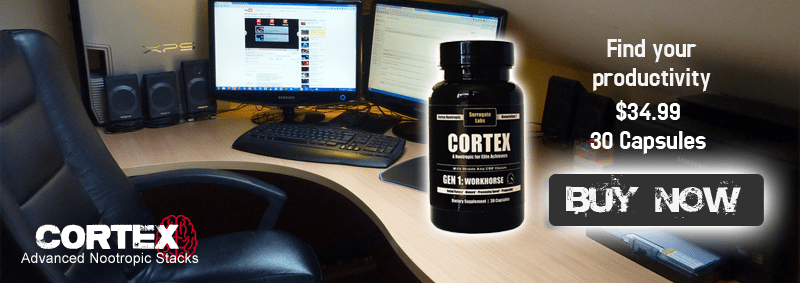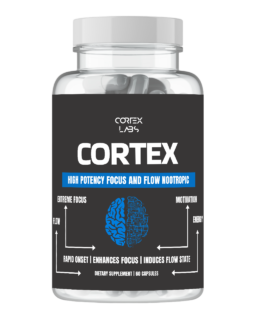
Interacting with thousands of nootropics users over the years, one thing remains consistent: some people don’t respond to them. But there are reasons why.
In this post, I’m going to get into one of the reasons people aren’t responding well to nootropics.
We discussed that interactions with other compounds you may be taking are at the root of some of the problem, for some people, in a video here.
How people might be taking something extremely calming, like Ashwagandha, while trying to take something extremely stimulatory like CDP Choline or Uridine monophosphate, and how that MAY not mix, mostly due to the effects Ashwagandha may have on increasing GABA, while the cholinergics might work on increasing acetylcholine (inhibitory neurotransmitters being increased simultaneously with excitatory neurotransmitters).
And many other similar bad combinations and hypotheticals. But the N=1s say it all.
But in this post, we want to talk specifically about things that you may be missing in your diet/supplementation, regimen, that work directly in synergy with neuro-chemicals, to facilitate their functioning.
A very early consumer of our content on YouTube (back when we had sub 100 subscribers – now we’re at 2,300 and growing) named Ryan Krammes, pointed out that he was getting better results with nootropics by experimenting with calcium, magnesium, and zinc.
He actually started getting results with them whereas prior, the results didn’t seem to be all that spectacular.
Beneficial takeaway: for some people, supplementing with calcium, magnesium, and zinc may be beneficial for fostering discernible effects from taking nootropics.
But I like to ask why. And so should you. Why is it that some of these minerals help to realize nootropic benefits?
Well there seems to be a few reasons. I would explain it thus:
- Lots of good nootropics are cholinergic. That is: they work on the neurotransmitter acetylcholine, or affect its receptors.
- Calcium specifically, is effectively an excitatory mineral, in terms of neurotransmitters. It ultimately helps create an excitatory response among neurons in the brain, and specifically with the neuro-chemical acetylcholine, which most nootropics work on in some way. Calcium in the pre-synaptic terminal is actually necessary for acetylcholine release.
- Magnesium regulates acetylcholine release. So in some way, it may prevent the over-usage of the neurotransmitter, retaining adequate levels of it in the brain to be released/worked on by nootropics that target it.
And in the video below, we discuss some of this, to further give folks an idea of what they can do to make nootropics work for them.
You have to remember: you are modulating sensitive neuro-chemicals. Everything in the body is connected to something else.
Processes work together. One thing facilitates another. Everything works as a process, and in a group.
So if you’re not responding to nootropics the way other people are, and you’re wondering why, let’s thank Ryan Krammes from the video below for pointing out that he started getting results from Calcium, Magnesium, and Zinc…. and start experimenting with these minerals to get better results.














